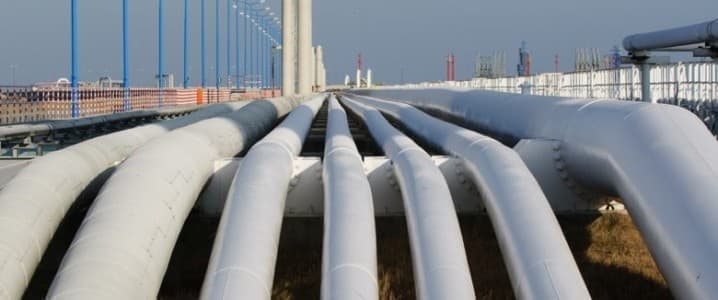Environmental, social, and governance investing has lately lost some of its luster. Research reveals that it is not more profitable than ordinary investing, and doubts abound concerning what is, in fact, ESG, and whether it might be nothing more than an empty designation.
The latter question heated up when Tesla’s Elon Musk slammed the whole ESG rating system when none other than Big Tobacco major Philip Morris scored higher on an ESG index than the EV maker.
As a result of these doubts, there has been a push to standardize ESG reporting requirements so investors know where they stand with various companies that may or may not be environmentally, socially and governance responsible.
Standardizing these requirements—and more likely than not formulating them in the first place—will take some time. Meanwhile, ESG-designated funds are being used for acquisitions in the oil industry.
A Sweden-based climate think-tank dubbed the Anthropocene Fixed Income Institute recently revealed that bonds linked to Saudi Arabia’s state oil giant Aramco had ended up in ESG-friendly funds.
Covered by Bloomberg, the story detailed how two consortia, led by EIG Global Energy Partners and BlackRock, respectively, bought 49% stakes in Aramco’s newly spun-off subsidiaries, Aramco Oil Pipelines Company and Aramco Gas Pipelines Company.
To finance the acquisitions, the private equity firm and the asset management behemoth borrowed money via bridge loans. To repay these loans, BlackRock and EIG set up two special-purpose investment vehicles that issued bonds.
These bonds, whose issuers did not advertise the purpose of issuing them, got an above-average ESG score, Bloomberg explains, on a JP Morgan sustainability measuring index. Related: OPEC Raises 2023 Oil Demand Forecast
The problem appears to be that investors who bought any of these bonds may have believed they are buying debt linked to sustainable business projects rather than an Aramco oil pipeline company due to the ESG rating of the funds issuing them.
The Bloomberg report appears to suggest that this is somehow Aramco’s fault, citing CEO Amin Nasser as warning that ESG investing is a deterrent for the oil and gas industry and that ESG investing rules result in “an automatic bias against any and all conventional energy projects.”
Yet, as detailed in its own report, it was BlackRock and EIG Global Energy Partners that decided to buy sizable stakes in the Aramco subsidiaries. It was these two that set up the two special-purpose investment vehicles and issued the bonds that got the high ESG rating. Aramco simply got the money it was due as the seller of the stakes.
The case does, however, darken the shadows around the whole ESG investing hype. If it is so easy to make an oil-linked bond issue get a high ESG score, how reliable is the whole ESG ranking business, even if the ranking comes from JP Morgan?
The case of these two SPVs and the BlackRock and EIG bonds suggests the answer to this question is “Not very”. Earlier cases, such as MSCI stripping hundreds of funds of their ESG ratings and downgrading thousands of others earlier this year, reinforce the feeling.
But what makes it all even more interesting is the fact that BlackRock’s and EIG’s SPVs are going to be issuing more bonds to repay the loans they took out to fund the Aramco deals, Bloomberg noted in its report, citing Morgan Stanley analysts.
To be more precise, they will be issuing another $15 billion in bonds. These bonds will be coming from funds that will likely be ranked high on ESG indices, likely because of the credentials of their creators. And investors will rush to buy the debt, unaware that it will be used to repay loans taken out to boost EIG’s and BlackRock’s holding in one of the largest producers of oil and gas in the world.
By Irina Slav for Oilprice.com
More Top Reads From Oilprice.com:
- ExxonMobil To Acquire Denbury In $4.9B Deal
- Shell Makes Fourth Oil And Gas Discovery Offshore Namibia
- Critical Minerals Market Doubles As Investment Skyrockets

















